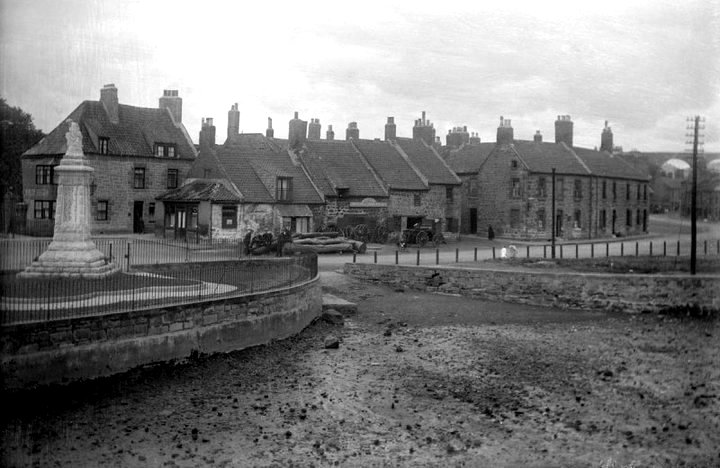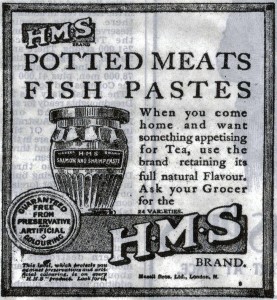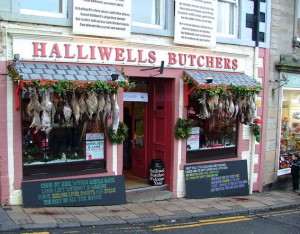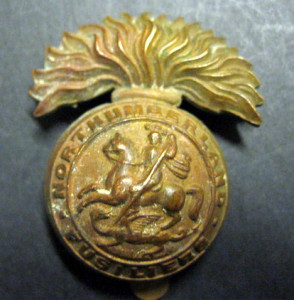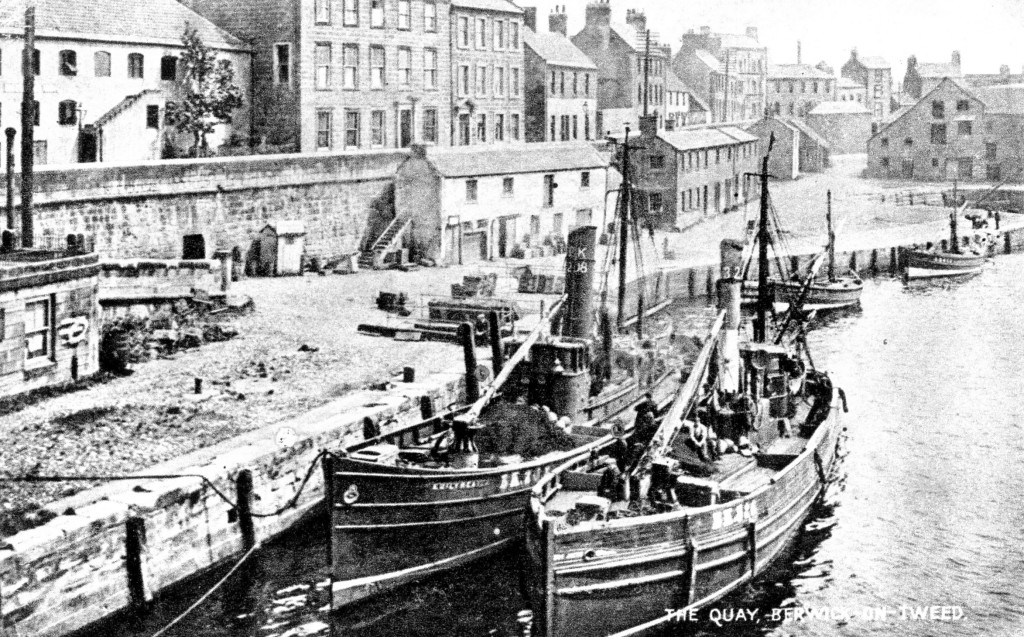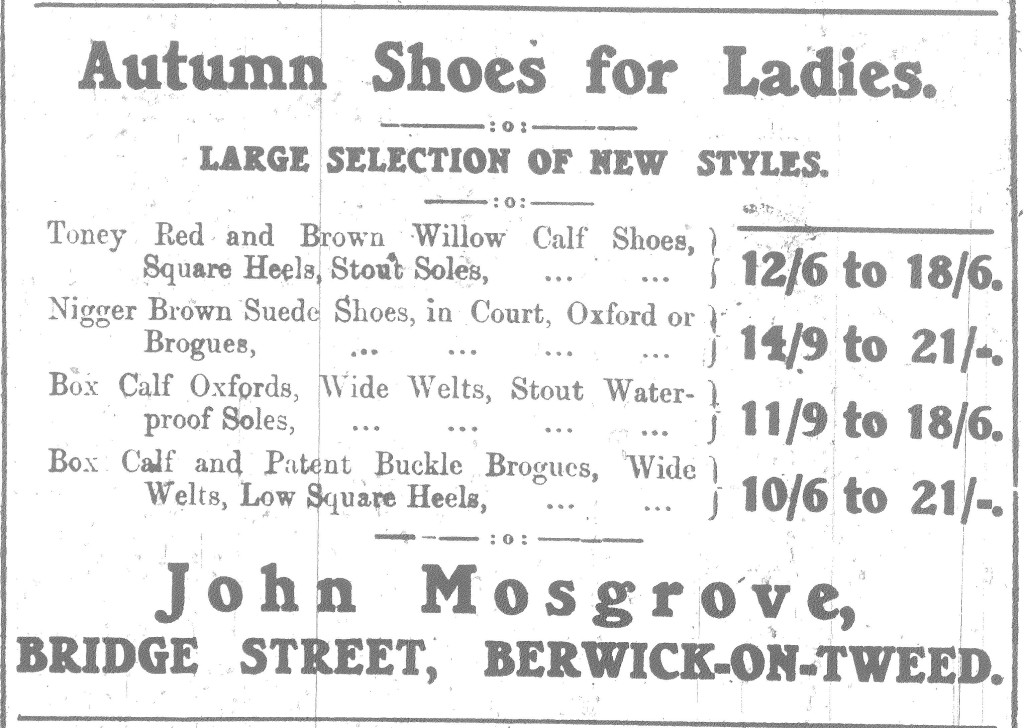BERWICK ADVERTISER, 1 OCTOBER 1915
THE SCREMERSTON FLOCK DISPERSION
A NOTABLE SALE
On Friday, Messrs John Swan and Sons sold at Heatherytops Farm, Berwick, the noted flock of Border Leicester sheep, which have been got together in recent years by the Scremerston Coal Company. The sale was rendered necessary by the fact that the three farms – Heathery Tops, Oxford Farm, and Sandbank – which the Company presently occupy in the neighbourhood of their mining operations, are to be given up, and the further fact, that Mr J. Evelyn Carr, the managing director of the Company is presently with the forces in France. Mr Carr, very pluckily, shortly after war was declared, joined the ranks of the London Scottish, and spent a considerable time of last winter in the trenches. He got twice wounded early in the year, and was home for a considerable time recuperating. Immediately he got better, the old martial spirit revived, and he is again on the other side of the Channel, fighting for his country – this time in the commissioned ranks of the Sherwood Foresters. Everyone admires his plucky action and high public spirit, but in the circumstances it was necessary that his home responsibilities should be considerably curtailed. While he will retain his active association with the colliery, it was considered desirable to give up the farms, which like the colliery are all on the estate of the Greenwich Hospital (practically the Admiralty), and to dispose of the pure-bred sheep. The decision has been received with a good deal of regret in the district, for Mr Carr and the Company have proved not only excellent neighbours, but have done not a little to promote the cause of pure-stock breeding in their northern corner of Northumberland.
SHIP ASHORE NEAR THE LONGSTONE
On Saturday morning, during foggy weather, the Leith steamer Britannia went ashore on the Crumstane Rock, near the Longstone, Farne Islands. The Seahouses lifeboat went out to her assistance, but the crew did not leave the vessel. Lloyd’s Seahouses agent telegraphed on Monday that the Britannia had been abandoned. The vessel is expected to become a total wreck. The crew landed in their own boats and proceeded to Berwick. The Britannia is one of the Leith-Hull line of trading steamers, the managers of which are Messers Currie and Co., Leith. She was bound from Newcastle to Leith with a general cargo. The vessel became a total wreck and disappeared on Sunday evening.

DAMAGE TO ROADS BY RAIN
It was reported that Holy Island had been visited with a downfall of rain so heavy in character that considerable damage was caused, especially to the roads. These were quite washed out. The road material lying ready to be applied would help matters a little. It was proposed to apply this season if possible 60 tons 1½ inches machine tarred stones, and the Surveyor stated that a future report would be submitted as to the method of their repair and maintenance.
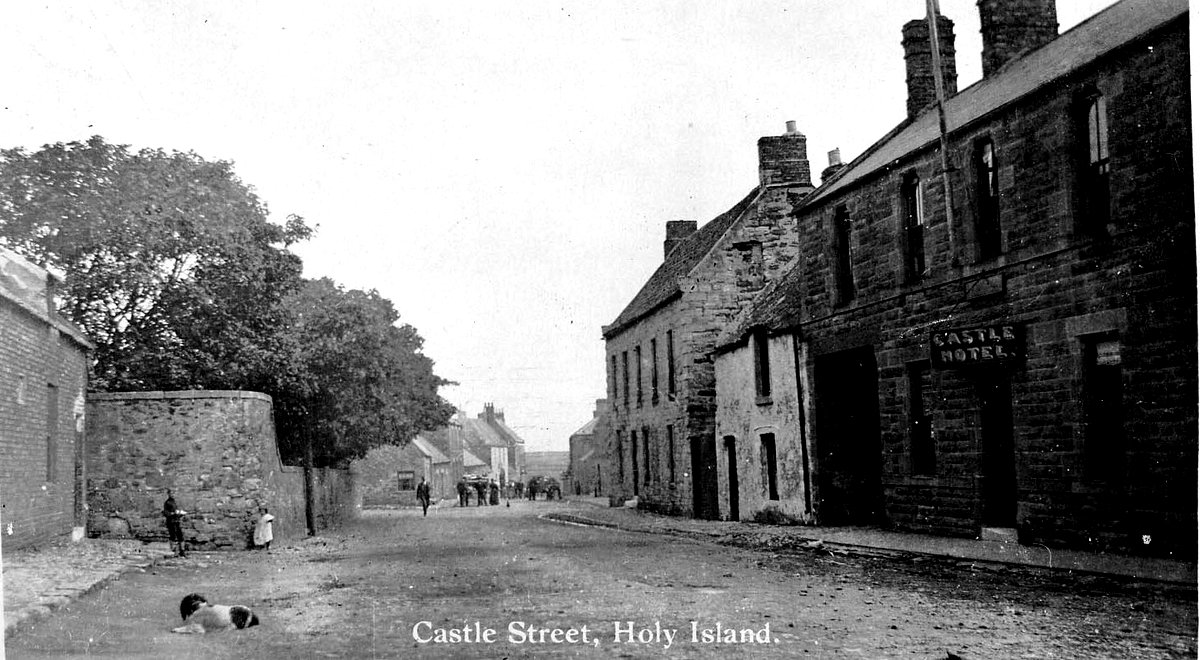
The Surveyor explained that at present everything was being taken to the Island by means of carts as they did not wish to run any risks owing to the war. The rain did great damage, lasting 2½ hours. The roads which were not in very good condition before were badly washed out. At a future date when things were more normal he would be pleased to propound a scheme to the Council for the better maintenance of the roads.
The Surveyor’s suggestion was agreed to.
BURGLARS ENTER TWEEDMOUTH INN
About 3 a.m. on Monday the King’s Arms Inn, West End, Tweedmouth, occupied by Mrs Norris, were burglarously entered. The marauders obtained entrance by breaking a pane of glass in one of the downstairs windows, releasing the catch, and raising the bottom half of the frame. Five large bottles of whisky were stolen and about 8s worth of coppers. Not content with this the intruders obtained a pint glass and had a drink of rum and left the rum cask running. The prints of bare feet were plainly discernable on the seats below the window pointing to the fact that the robbery was not a drunken spree, but one which had been prepared. Two soldiers and a woman were seen in the vicinity of the house about midnight, and we understand two soldiers, who are in custody at the Barracks, are under suspicion.
